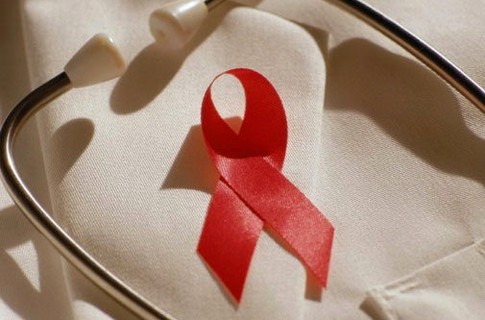Dnipropetrovsk region has its own strategy on the epidemic of tuberculosis and HIV

The Regional Strategy for Ensuring a Sustainable Response to the Epidemic of Tuberculosis and HIV/AIDS was approved by the Regional Coordination Council for Countering Tuberculosis and HIV/AIDS in Dnieper.
Now the Dnipropetrovsk Oblast, which remains a region with a high prevalence of HIV infection and one of the 6 regions with the highest incidence of multidrug-resistant tuberculosis in Ukraine, has the detailed plan of activities with specific deadlines and responsible parties. While forming local budgets, the necessary amount of funds for the system of social support for tuberculosis and HIV patients will be taken into account; the cooperation with civil society HIV-service organizations will be intensified; protection and provision of rights and freedoms of internally displaced persons as well as provision of necessary medical care and screening for tuberculosis will be strengthened. With regard to HIV, full funding will be provided for diagnostics; access to voluntary and free counselling and testing for early detection of HIV infection will be provided, especially for risk groups, and other.
This became possible through the expert help of the CO “Svitlo Nadii (Light of Hope)” specialists in the framework of the project “Ensuring the Sustainability of Social Services for People Vulnerable to HIV” supported by the All-Ukrainian Network of PLWH.
“Having considerable experience in implementing the best international approaches and services to respond to the tuberculosis and HIV/AIDS epidemic has become a substantial basis for such a precedent in the oblast. Now this is an indicator of professional partnership between the branches of government, the healthcare system and the non-governmental sector,” the Project Expert Roman Drozd said.
Now a flexible approach to HIV/AIDS/tuberculosis activities has been introduced in accordance with the epidemiological situation. There have been defined an algorithm of the HIV services decentralization, the division of responsibilities between the primary and secondary links of medical services, and expansion of family doctors authorities to diagnose HIV and TB, as well as programmes of SMT and outpatient treatment of tuberculosis.
Moreover, the oblast has introduced a unified system of organizational and methodological support of local and district coordinating councils to develop their own strategies that will provide unified systemic and task-oriented approaches to combating the HIV/AIDS and tuberculosis epidemics in the region.


